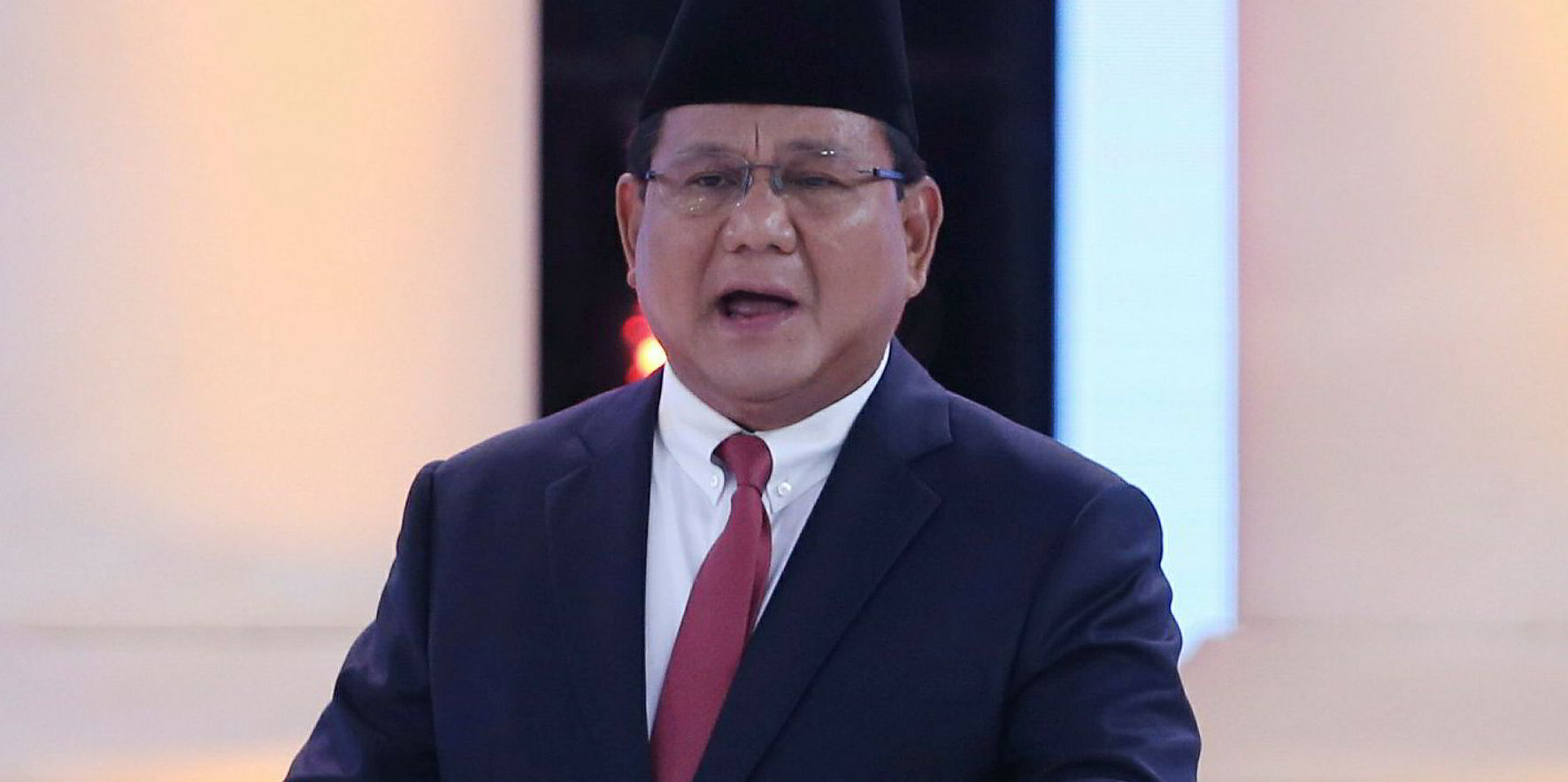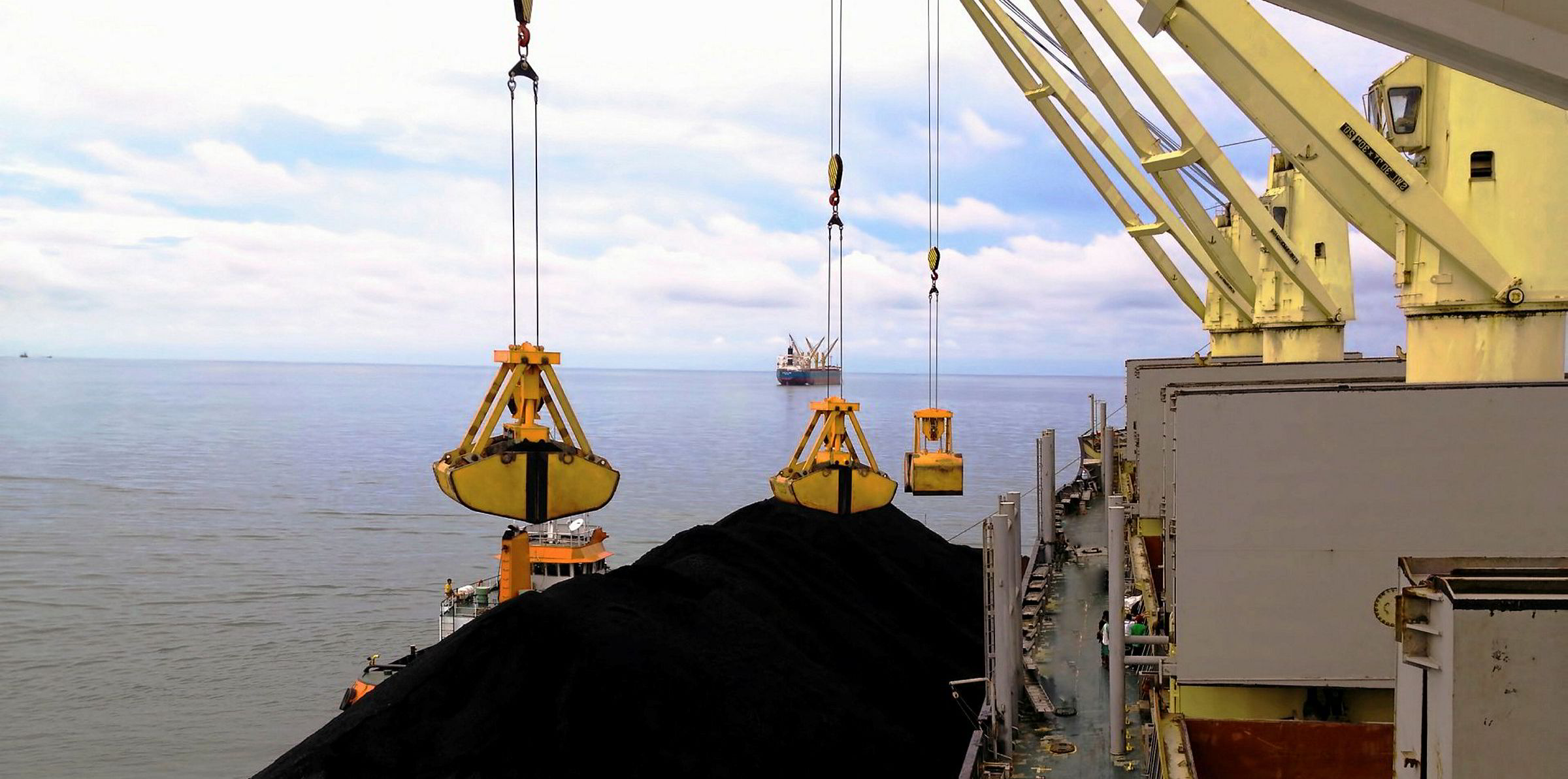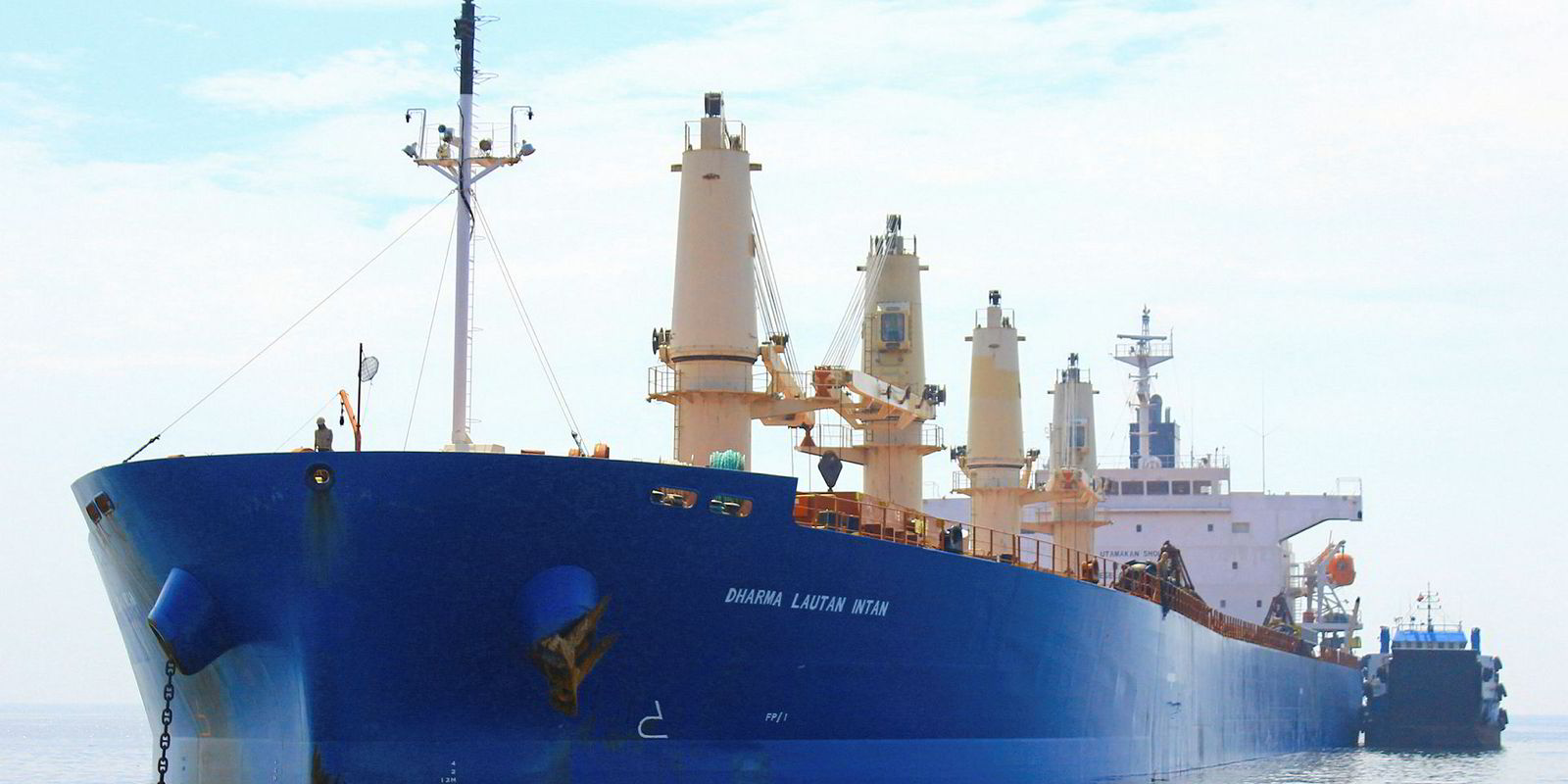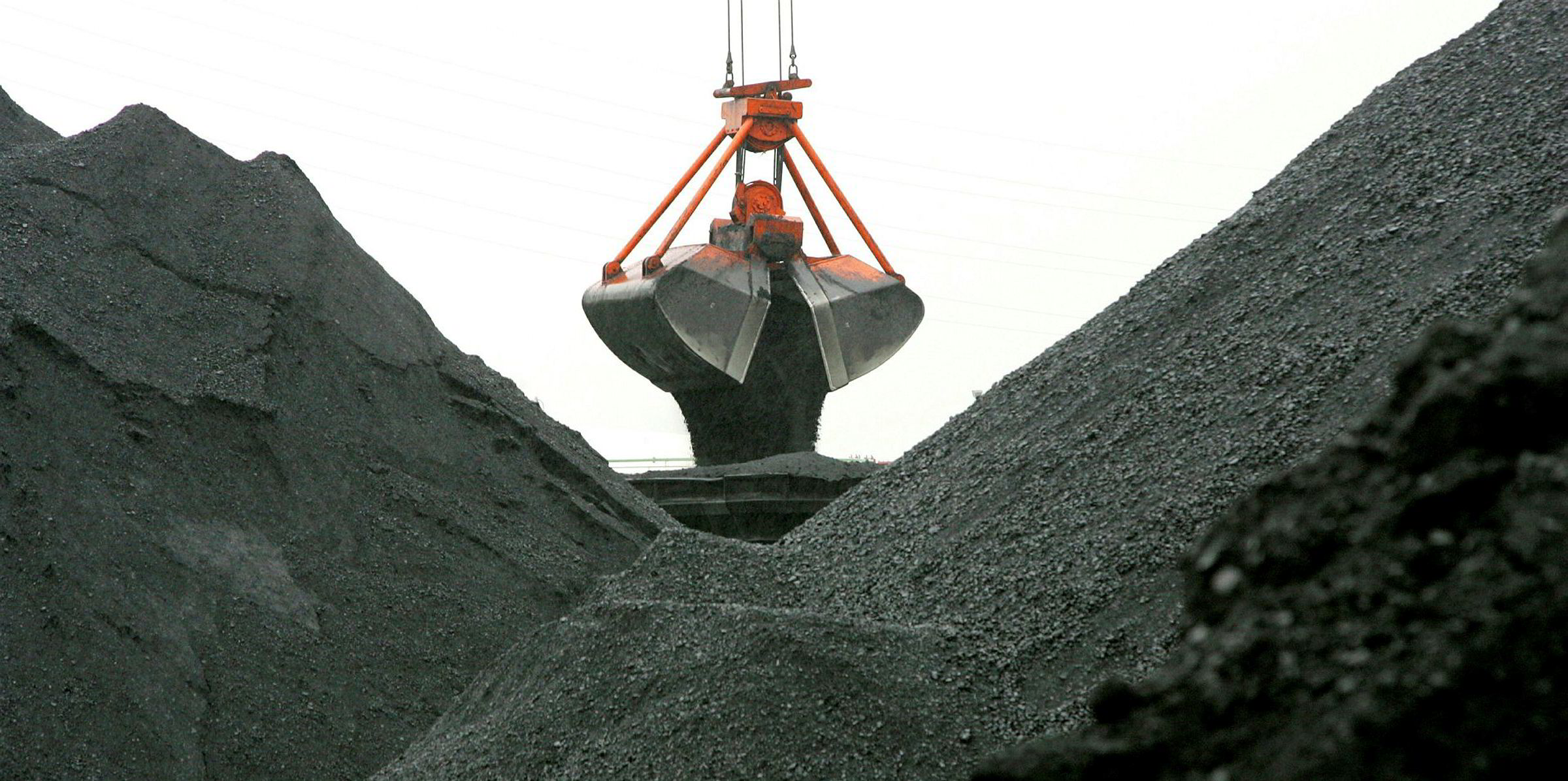Indonesian presidential hopeful Prabowo Subianto could be bad news for the hard pressed bulker industry if he were to win the upcoming election.
More than 190m voters in the world’s third largest democracy are set to go to the polls on 17 April to elect Indonesia’s next president.
The populist politician has pledged to halt imports of food crops to help local farmers arguing that Indonesia must be “self-sufficient in food”.
Indonesia’s current president Joko Widodo, meanwhile, has defended food imports arguing that they have been necessary to ensure price stability.
The county’s inflation slowed to 3.1% last year compared with more than 8% when he took office in 2014, according to data compiled by Bloomberg.
“Food imports are inevitable in an archipelago like Indonesia, whose inflation predicament is unique in a sense it’s mostly influenced by supply rather demand,” said one local analyst.
Indonesia is the world’s fourth most populous nation with more than 260m citizens and issues such as energy, food, infrastructure, natural resources and the environment will be central in the election.
Ralph Leszczynski, Banchero Costa’s head of research in Singapore, said: “ To suggest that Indonesia can become self-sufficient in food is simply lunacy.
“Indonesian politicians have a well-deserved reputation for not-well-thought-out trade policy.
“Good examples are the bauxite and nickel ore export ban, and the idea that coal exports would have to go only on Indonesian flag vessels.”
Indonesia has emerged as one of the world’s top importers of wheat and sugar in recent years.
The country is currently the second largest importer of wheat in the world, after Egypt, according to Banchero Costa figures.
And, at current trends, it is expected to very soon overtake Egypt to become the world’s largest importer of wheat.
In 2017, Indonesia imported 11.4mt of wheat, and in the first 11 months of 2018 it was 9.2mt, which is about 7% of the global trade in wheat, which totals about 175mt per year.
Roughly half of imports come from Australia, with the rest more of less evenly split between Canada, the US, Russia and Ukraine.
“It doesn’t help of course that given Indonesia’s tropical climate, it’s virtually impossible to grow wheat there, so imports account for virtually 100% of the country’s wheat consumption,” said Leszczynski.
“A ban on imports would therefore require a very drastic change in consumption patterns, away from noodles and bread, which are actually becoming ever more popular in Indonesia.”
The situation with sugar is quite similar, with Indonesia the single largest importer of sugar in the world, according to Leszczynski.
“Indonesia produced just 2.1mt of sugar per year, but consumes almost 7mt per year,” he tells TradeWinds.
“In theory, it should be possible to boost domestic sugar output, but it would take a lot of time and investment.
“Indonesian sugar cane has apparently a lower sucrose content compared to Thailand’s, and the sugar factories there usually use very old equipment and would require serious upgrades.”
In 2017 Indonesia imported 4.5mt of sugar, and in the first 11 months of 2018 imported 4.6mt, with more than half of this comes from Thailand, with most of the rest from Australia and Brazil.
Leszczynski said Indonesian imports account for over 8% of the global sugar trade, which totals about 53mt per year.







